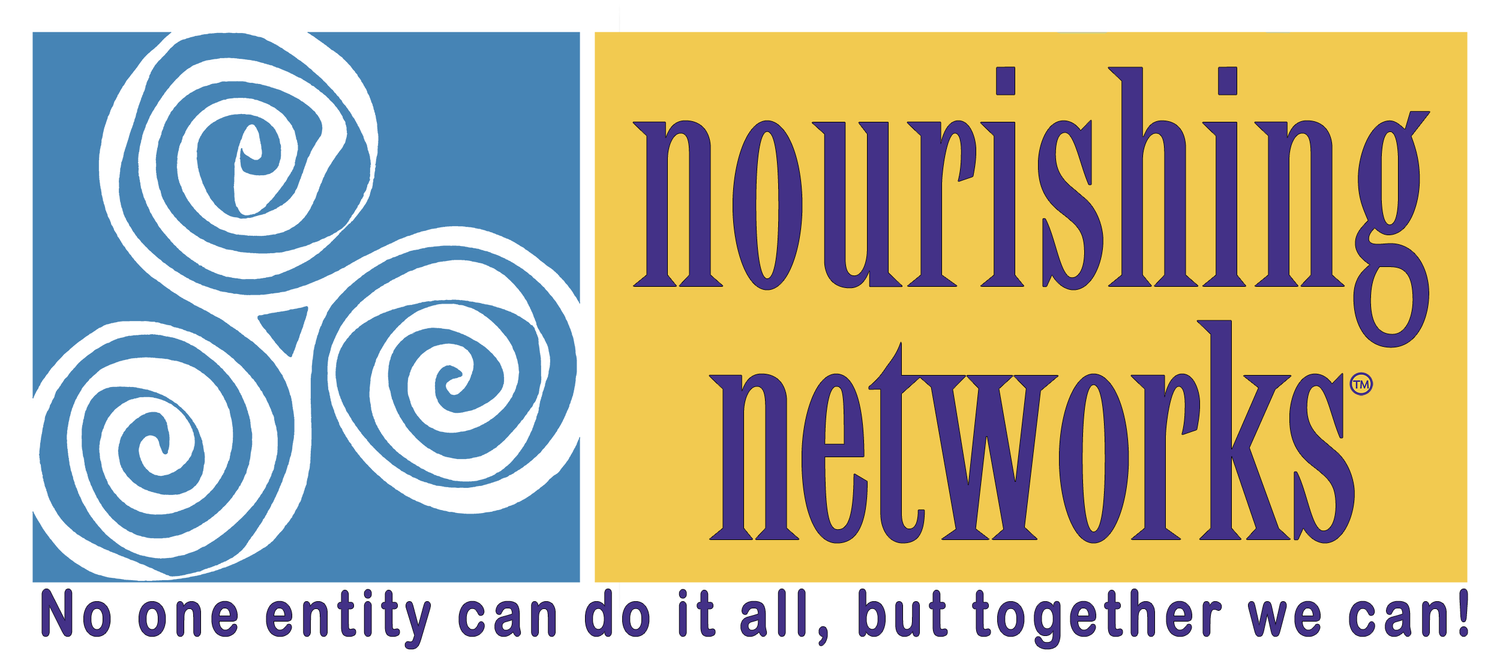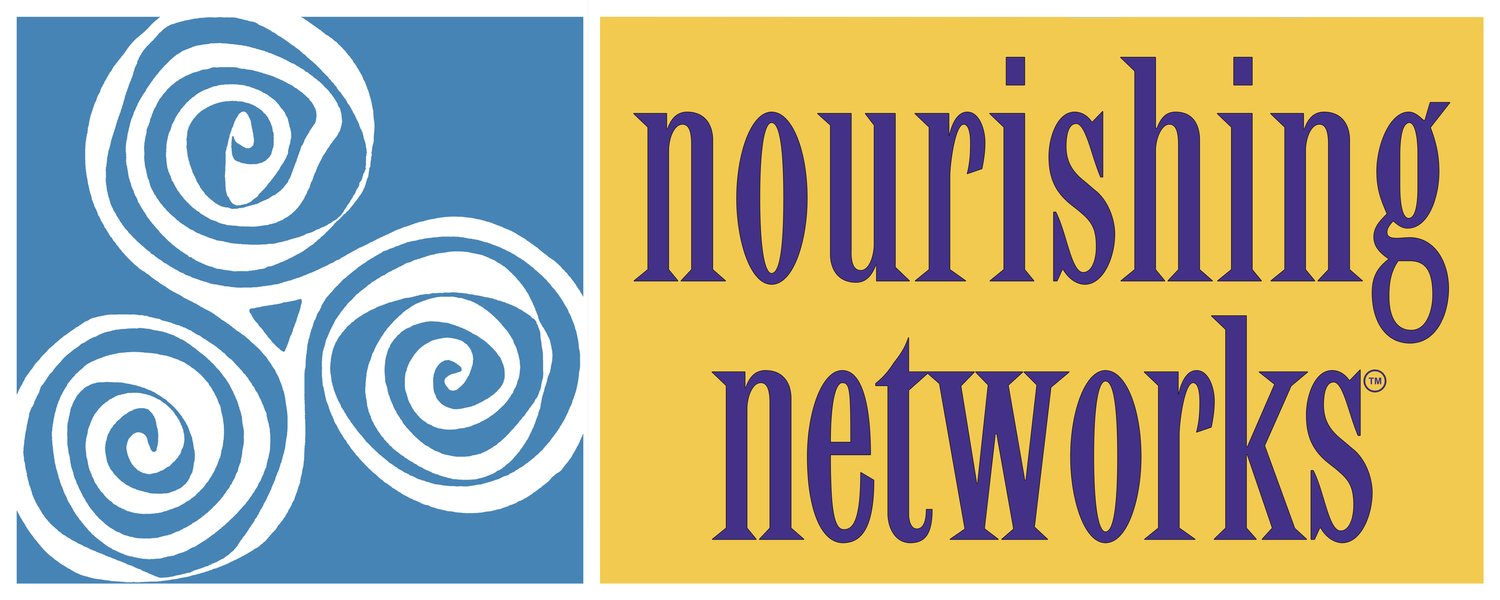Resources for Public Transportation Services
City of Issaquah Focus Group on Link Light Rail Station
The City of Issaquah is seeking community input as we work to collaboratively define our vision for the future light rail station area. Let’s work together to make the future better for everyone. Volunteer for a focus group today! Registration information here
City of Issaquah: Metro Flex is here!
King County Metro’s On-Demand Service, Metro Flex, is now live in Issaquah! No matter your destination in the local service area, arrive within a block of where you need to go for just the price of a bus fare. Metro Flex is a part of the ORCA Card system, rides include free transfers to bus, and youth ride free! When you book your ride with the Metro Flex app, you’ll receive the most complete trip information. This includes live vehicle tracking and a list of other transit options.
City of Sammamish: Metro Flex
Metro Flex is a new, on-demand neighborhood transit service. Ride anywhere in your service area, all for the same cost as a bus trip. As one new service, Metro Flex replaces three others: Community Ride, Ride Pingo to Transit and Via to Transit. Starting March 6, riders can use the new Metro Flex app to book rides to and from anywhere in one of the service areas, which include Juanita, Kent, Othello, Rainier Beach, Renton Highlands, Sammamish, Skyway, and Tukwila.
City of Sammamish Community Van
Take a trip with Community Van! Schedule one-time or recurring trips up to two hours away and the cost is a Metro fare. Trips are available throughout the day, evening, and on weekends to provide you with customized options for getting around when bus service doesn't meet your needs. Like getting outside but don’t have a car? Want to get to nature but leave your car at home? Community Van is here to help you and your group get outdoors. Trips must be scheduled in advance. Text Community Van to Schedule a Ride! Text Community Van next time you need to schedule a ride. Now available to REQUEST RIDES on your phone! Text us at 833-202-3779 to submit a trip request, learn more about our program, or volunteer to drive. For questions, email TNgo@Hopelink.org
How do I become an approved driver? Support your neighbors, and your community and help the environment by becoming a Community Van volunteer driver. You can choose which trips you drive and how many times you drive a week. Complete the King County Metro Driver Application form.
King County Metro: Metro Ambassadors Engage and Inform
You might see “‘blue jackets” at transit centers, outside schools or on your way to a game at Lumen Field or T-Mobile Park. The people wearing the jackets are Metro Ambassadors and they are there to answer your questions, point you in the right direction and may even have some swag for you. The ambassadors are part of a pilot program supporting customers and transit operators. Working at Metro Transit Centers and neighborhood bus stops, the ambassadors offer in-person customer service. Interacting with both the public and bus operators, they provide a friendly face and knowledge of the system. The current ambassadors are transit operators on a temporary duty assignment. They said it provides an opportunity to interact with riders more than they would when they are driving a bus and must focus on driving. The ambassador pilot program is part of Metro’s Safety, Security, and Fare Enforcement (SaFE) Reform Initiative. The initiative is a collaborative effort involving the community and Metro employees to create a transit experience where everyone feels safe and welcome. For more information, visit King County’s Metro Matters
King County Metro Launches Anti-Harassment Campaign
King County Metro launched a new, multilingual initiative to keep transit safe for all. The “It’s OK to Say ‘That’s Not OK’” campaign sets clear expectations for respectful behavior. Signs alert riders to get help in emergencies, while encouraging reporting. Available in King County; campaign will appear across Metro in English, Chinese, Somali, Spanish, and Vietnamese.Click HERE to learn more about "Metro unveils new anti-harassment campaign."
It’s a ‘Great Day to Ride Metro’ Rewards Program and receive Free All-day Pass
King County Metro announces Transit GO Rewards program. The campaign lets people know “It’s a great day to ride Metro”, encouraging others to take public transportation. Participate by downloading and signing-up on “Transit GO Ticket” app to receive 800 reward points, redeemable for one free King County Metro adult day pass. Taking future trips on transit allows riders to earn more rewards – via transit, e-bikes, or e-scooters.
Free Youth Transit Fare Starts Sept 1, 2022 Learn more HERE
Starting Sept. 1, 2022 riders 18 and younger can take transit for free due to Move Ahead Washington, a statewide transportation funding package! Riders age 13 and older are encouraged to show one of the following to the driver, if they have it: ORCA Youth Card Please “tap” your card when you board. On Sound Transit light rail, please also “tap” when you exit. It will not be necessary to load E-purse or Monthly passes on ORCA Youth Cards for September and beyond. Encourage students/youth to register their card at myORCA.com so they can manage their card (e.g., apply for a replacement if/when needed). You may choose to remove any ORCA Youth cards from your account if needed. Youth ORCA cards issued by schools during the 2021-22 academic year will continue to work through June 30, 2023. Current High School or Middle School Student IDYouth who do not have one of these can still ride for free. In 2023 and beyond, youth will be directed to get a Free Youth Transit Pass that allows them to tap a card—or eventually their smartphone—to access transit across the region for free.
includes three programs: DART Transit, Medicaid Transportation and Mobility Management.
FindARide Finding Your Best Transportation Options
Metro’s on-demand service, Via to Transit, has expanded to Rainier Beach, Skyway, Tukwila, & Renton.
Via to Transit is public transportation that comes to you. To learn more, download the app and book a ride now visit: kingcounty.gov/metro/via or call Via at 206-258-7739.
ORCA Cards Flyer New ORCA System
Unregistered Youth ORCA cards expired February 1, 2024 As a reminder, youth 18 and younger ride transit for free. For riders 13 and older, using a Youth ORCA card (also known as a Free Youth Transit Pass) is highly encouraged, but not required. Tapping a Youth ORCA card allows transit agencies to better understand how many young people are riding transit, including where and when. Unregistered Youth ORCA cards will expire and be blocked on February 1. Youth 18 and younger can easily register their card and request reactivation by visiting FreeYouthTransitPass.com or by calling 206-553-3000. Don’t have a card yet? Youth aged 13 and older are encouraged to order a free Youth ORCA card by visiting www.myorca.com/buy-online/ (the card will automatically be registered when ordered). For more information please visit FreeYouthTransitPass.com.
Starting May 16, 2022, hundreds of thousands of ORCA transit customers across the Puget Sound region will have access to a new website, smartphone app, and real-time value loading for their ORCA cards. Customers will also begin to see new card readers and vending machines as technology is updated and rolled out at transit locations throughout the region. This will mark the start of ongoing improvements to the ORCA system over the next several years. Current ORCA users do not need to get a new card at this time but are encouraged to register their cards on the new website, www.myORCA.com, beginning May 16th to add value to their existing cards. Customers can still add cash to their cards at vending machines, customer service locations, and participating retailers.
Flyers regarding this transition in English, Korean, Chinese, Russian, Spanish, Tagalog, and Vietnamese
Freedom and possibilities through transit SUBSIDY SUMMARY Transit allows communities and individuals to access the opportunities needed to thrive. That’s why King County Metro and Sound Transit have partnered to create a new, subsidized annual pass program, allowing qualifying riders to travel on our select transit modes without paying a fare.
King County Metro Alerts Sign Up
All public transportation passengers must continue to wear masks while on board transit vehicles and at indoor transit facilities in compliance with the federal Transportation Security Administration (TSA) mandate. Passengers also must continue to maintain a six-foot distance from bus drivers, except when paying fare.
King County Metro’s Rider Dashboard
Metro’s new Rider Dashboard, also known as “The Dash”, provides customers, communities, and partners with up-to-date answers to frequently asked questions about transit and is available in 10 languages and is screen reader accessible. The Dash is available in:
Vietnamese: kingcounty.gov/thedash/vi
Chinese: kingcounty.gov/thedash/zh
Korean: kingcounty.gov/thedash/ko
Russian: kingcounty.gov/thedash/ru
Ukrainian: kingcounty.gov/thedash/uk
Somali: kingcounty.gov/thedash/so
Punjabi: kingcounty.gov/thedash/pa
Amharic: kingcounty.gov/thedash/am
English: kingcounty.gov/thedash
Spanish: kingcounty.gov/thedash/es
King County Metro Vanpool
Vanpools can be started anywhere within King County and require a minimum of 3 and up to 15 people with a similar commute route and travel time to work together. Fares are determined by the route the group determines and how many days a week they commute. There is a fare chart that determines the monthly cost. Many employers in the region cover full or partial fares which makes it feasible for people to join the program. Added bonus-drivers can be approved for Vanpool and Community Van at the same time! (no discounts for being a driver in both unfortunately). For more information on how to get started, visit Vanpool Program - Rideshare - King County Metro Transit - King County or call 206-625-4500.
NADTC: Access Matters Video Series
NADTC is pleased to present Access Matters, created to train drivers to be more sensitive to the needs of people who are blind, deaf and have other disabilities who rely on public transportation. The series of five videos covers important topics such as communication, service animals, what access means and tips for serving people with a variety of disabilities. Educating drivers about the needs of people with disabilities will allow them to provide the most helpful customer service to all riders of public transportation so that people can remain independent in their communities. NADTC encourages these videos to be widely used across all sectors of transportation service.
The Regional Alliance for Resilient and Equitable Transportation (RARET) workgroup
is continuing to compile weekly newsletters with updated information about transportation providers’ level of operations, the community’s needs, how transportation providers may be able to assist, and other resources such as funding opportunities and food sources. The most recent RARET COVID-19 Impact Summary newsletter can be found at this link
Resource Guide: Federal Transportation Programs Serving Older Adults, People with Disabilities
Funding to develop and expand community transportation options meeting the needs of older adults and people with disabilities critically remains ongoing. The National Aging and Disability Transportation Center (NADTC) recently created a Resource Guide focusing on resources, including grant opportunities, available programs, and updated information.

